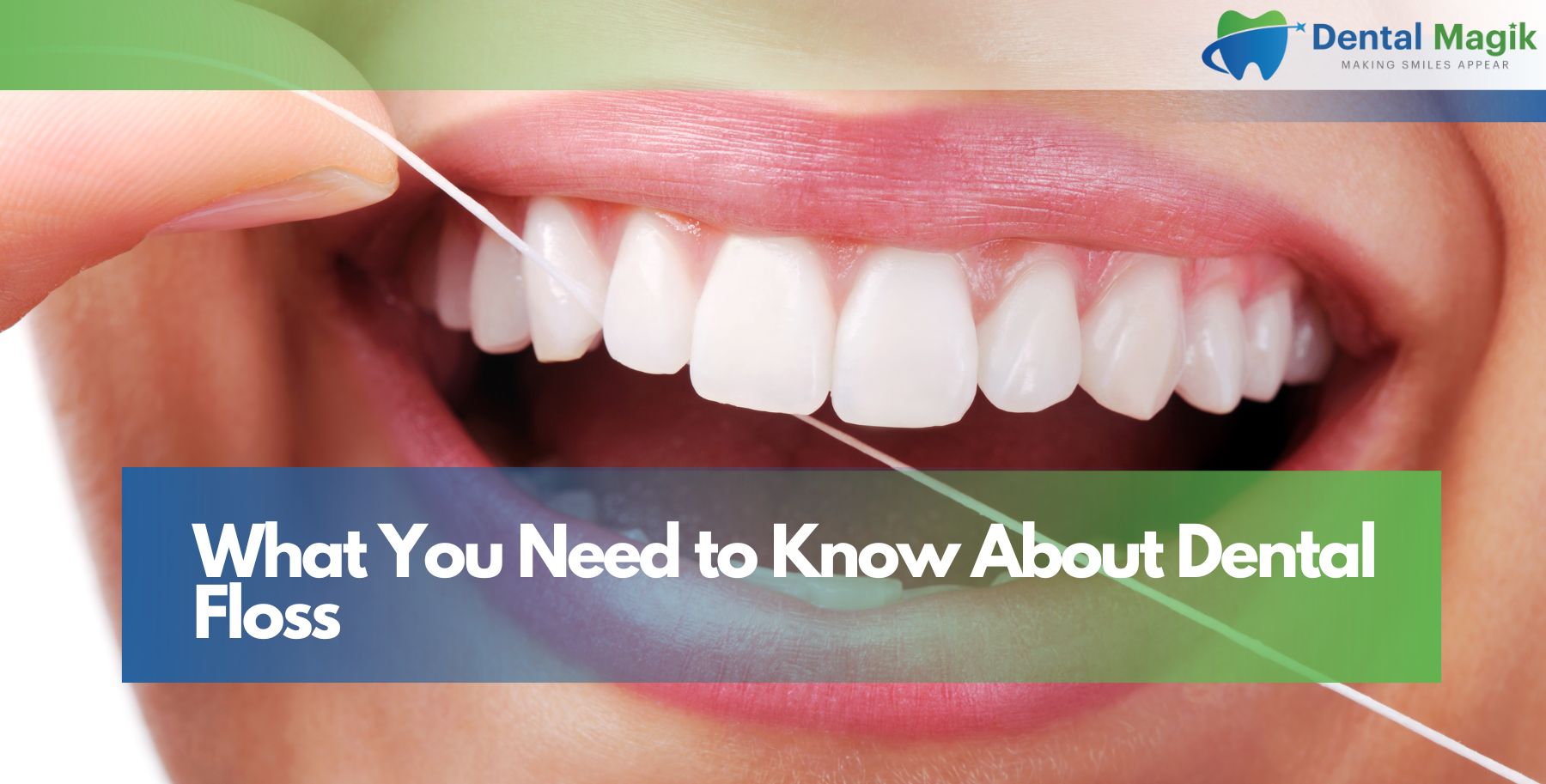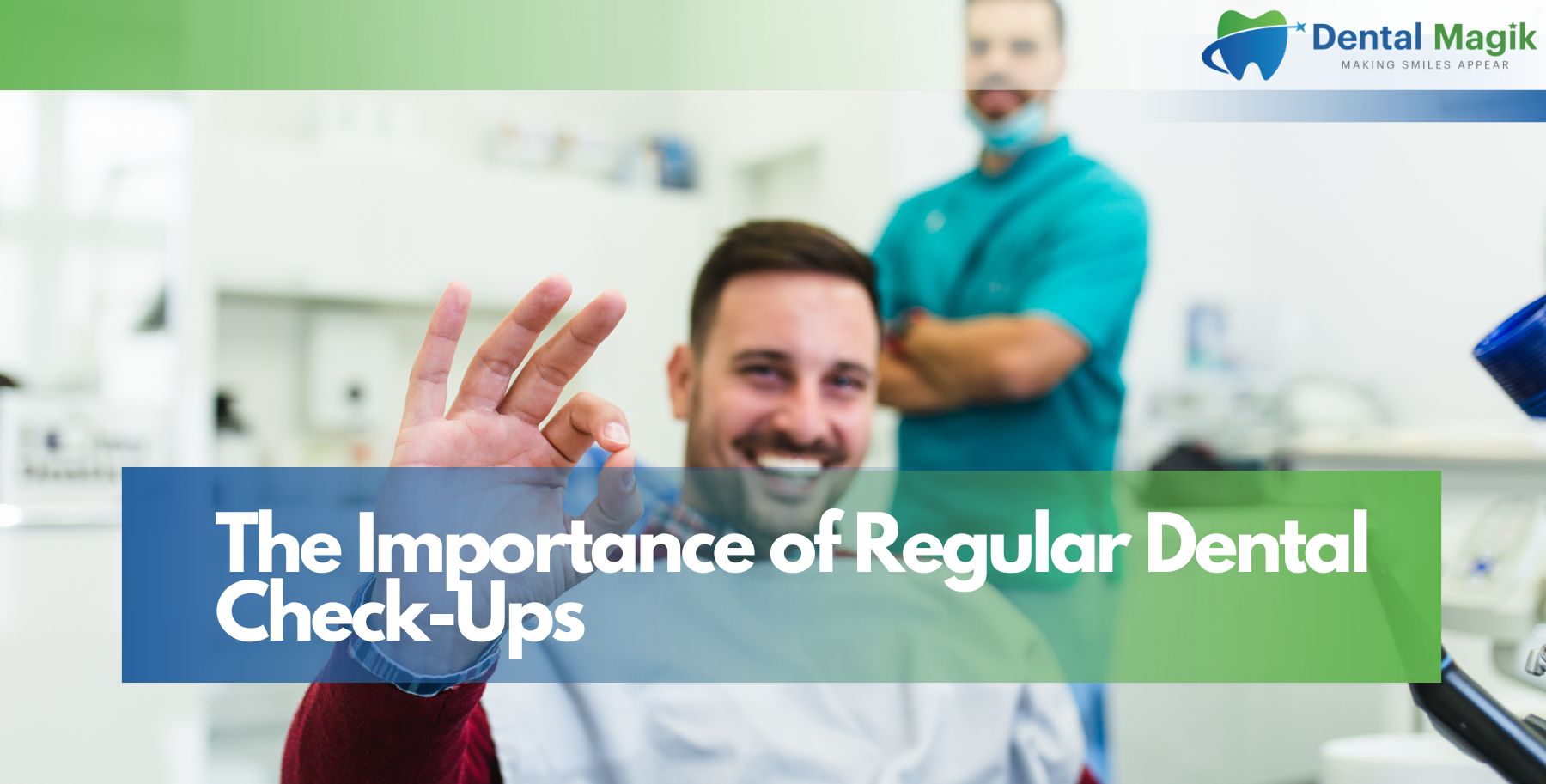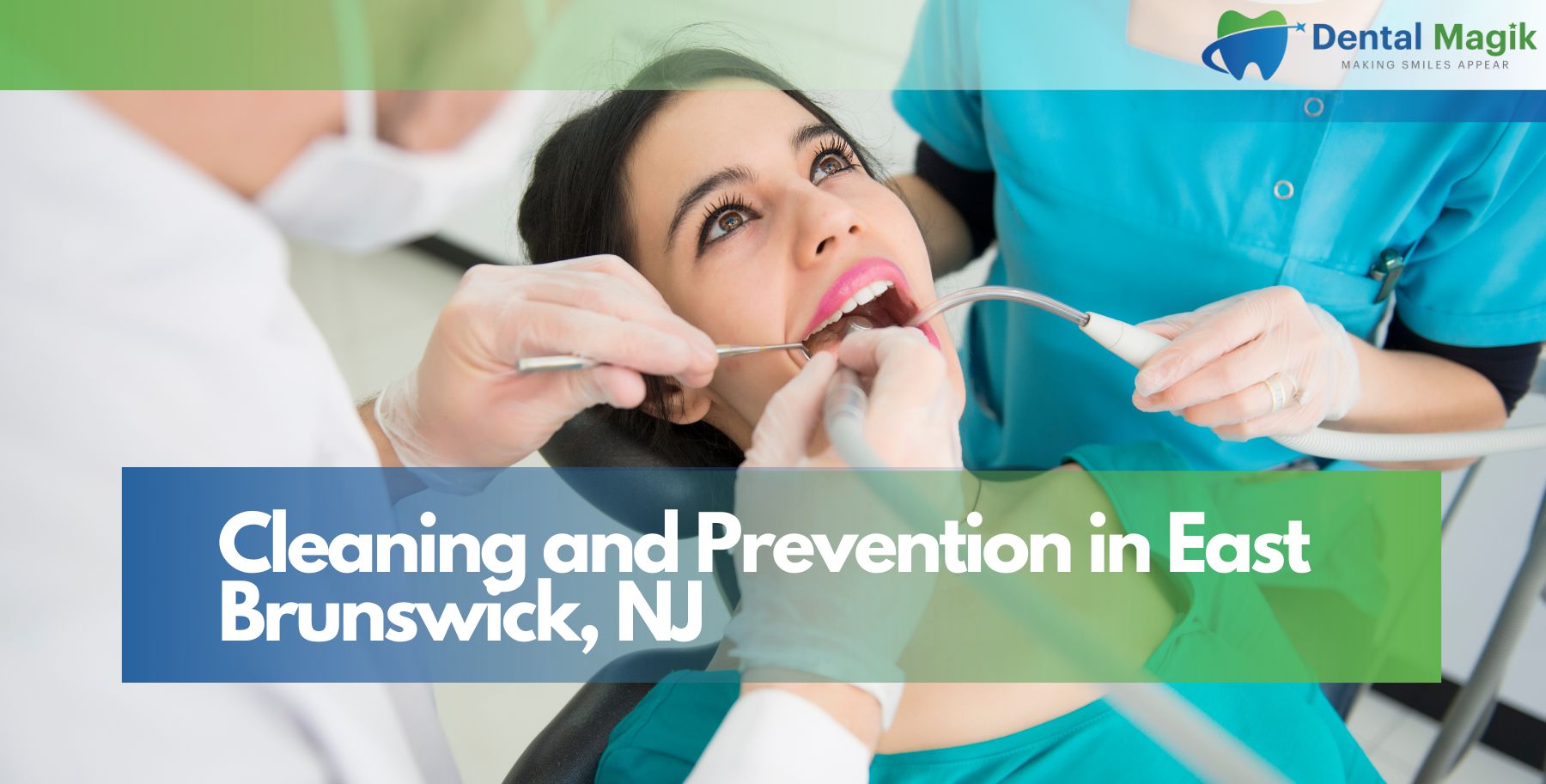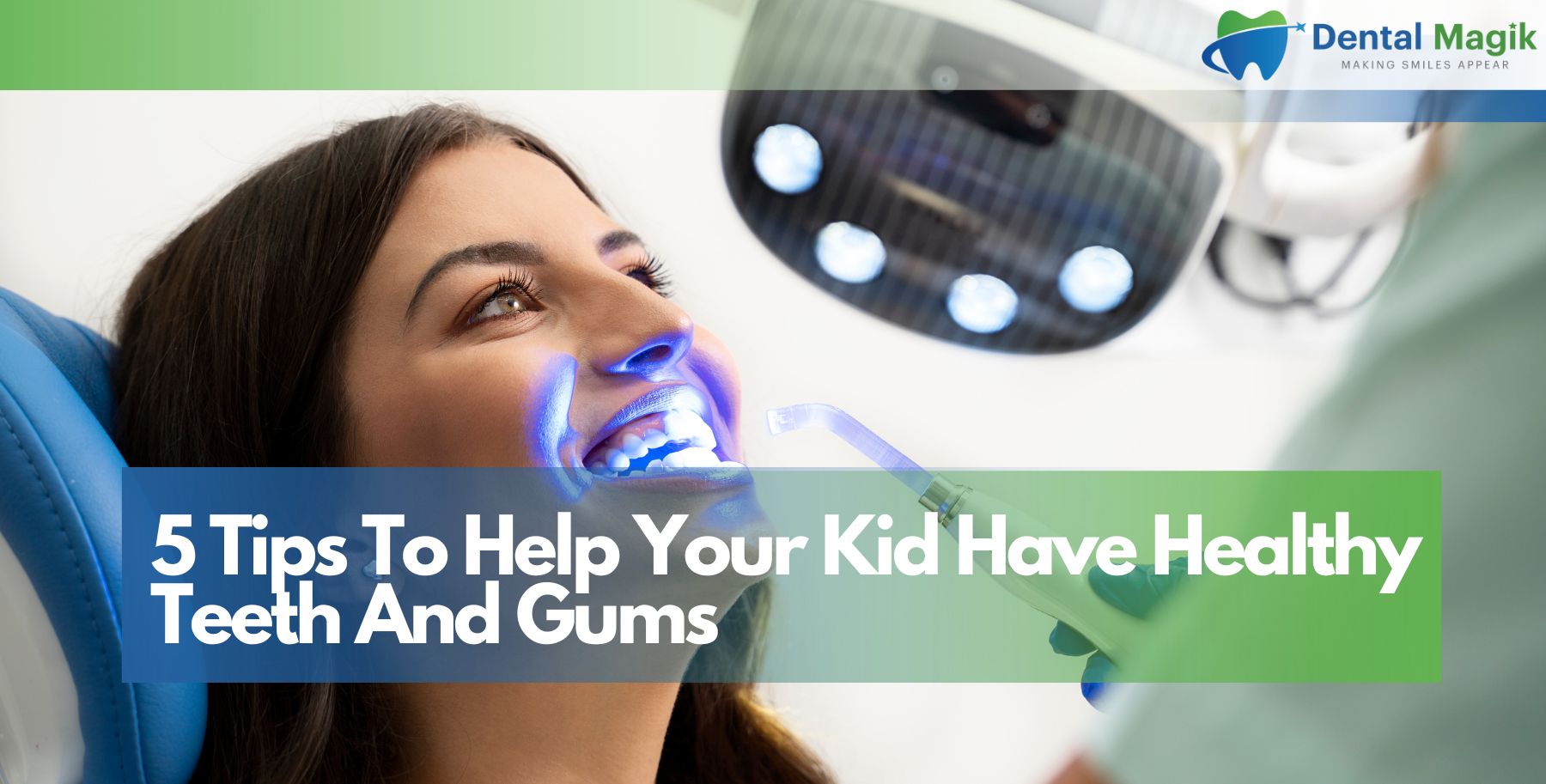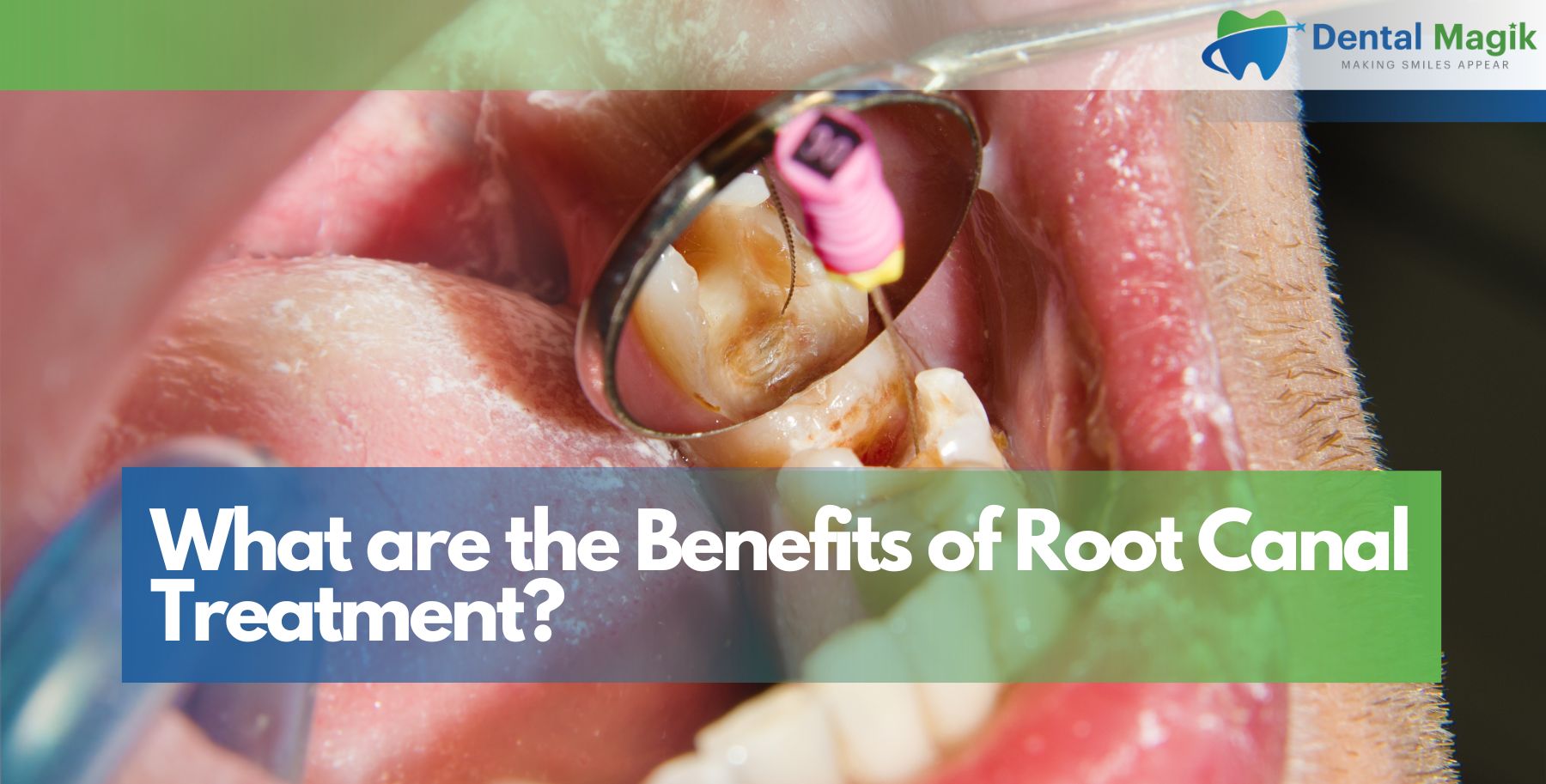Fear of the dentist is more common than most people realize. For many, the sound of dental tools, the anticipation of pain, or memories of a past negative experience can make dental appointments overwhelming. This anxiety often leads to delayed checkups, ignored oral health issues, and even dental emergencies.
Thanks to sedation dentistry in East Brunswick, this fear no longer has to stand in the way of proper dental care. Sedation dentistry provides a safe and comfortable way to receive dental treatment without stress, discomfort, or fear. Whether it’s for a routine cleaning or a complex procedure like dental implants or root canals, sedation options are now accessible to adults, seniors, and children alike.
In this comprehensive guide, learn everything about the benefits of sedation dentistry, how it works, what types are available in East Brunswick, and why it has become an essential solution for modern dental care.
What Is Sedation Dentistry?
Sedation dentistry involves using sedative medications to help patients relax during dental procedures. It ranges from minimal sedation—where the patient remains awake but calm—to deep sedation, where the patient may not remember much of the procedure.
This form of dental care is also referred to as:
- Relaxation dentistry
- Sleep dentistry (in cases of deep sedation)
- Gentle dental sedation
Sedation can be used for everything from cleanings and fillings to wisdom teeth extraction and cosmetic treatments. It is especially beneficial for individuals with high dental anxiety, a low pain threshold, strong gag reflexes, or for those undergoing multiple procedures in one sitting.
Who Can Benefit from Sedation Dentistry?
Sedation isn’t only for those with extreme dental fear. It is often recommended for people in the following categories:
- Dental anxiety or phobia
- Sensitive teeth or low pain tolerance
- Strong gag reflex
- Difficulty sitting still for long periods
- Children who are fearful or uncooperative during treatment
- Patients undergoing lengthy or complex procedures
Dentists in East Brunswick evaluate each patient individually to determine the most appropriate sedation type, based on medical history, treatment needs, and comfort level.
Types of Sedation Dentistry
Dental clinics in East Brunswick offer a full range of sedation options to match different anxiety levels and procedures. Here’s a breakdown of the most common methods available:
Oral Sedation Dentistry
This method involves taking a sedative pill about an hour before the procedure. The medication—typically diazepam or triazolam—induces a calm, drowsy state while the patient remains conscious and responsive.
- Ideal for moderate anxiety
- Can be used for general and restorative procedures
- Patients may feel relaxed but have limited memory of the procedure
- Must be accompanied by someone to and from the appointment
Nitrous Oxide Sedation (Laughing Gas)
Nitrous oxide is a mild sedative inhaled through a small mask placed over the nose. It works quickly and helps relieve tension and fear.
- Suitable for mild to moderate anxiety
- Effects wear off within minutes after treatment
- Safe for both adults and children
- Patients can drive themselves home afterward
This is one of the most popular options for sedation dentistry in East Brunswick because of its safety, convenience, and quick recovery time.
IV Sedation Dentistry
In this method, the sedative is administered directly into the bloodstream through an intravenous line. It offers a deeper level of relaxation and is used for more invasive or time-consuming dental procedures.
- Commonly used for oral surgeries, wisdom tooth removal, or multiple procedures
- Patient is deeply relaxed and may sleep during the treatment
- Often results in little to no memory of the appointment
- Requires pre-procedure fasting and post-procedure supervision
Only specially trained and licensed dentists offer IV sedation, and it is conducted under strict monitoring.
Moderate Sedation in Dentistry
Moderate sedation sits between oral and IV methods. Patients feel sleepy and less aware of their surroundings but can still respond when spoken to.
- Reduces stress and discomfort for complex treatments
- Ideal for patients needing longer appointments
- Often paired with local anesthesia for pain control
Minimal Sedation Dentistry
Minimal sedation is typically used for patients with mild anxiety. It involves light sedatives like nitrous oxide or a very low dose of oral medication.
- Keeps the patient awake but relaxed
- Suitable for routine cleanings, exams, or fillings
- Helps ease nervousness without lingering effects
Benefits of Choosing Sedation Dentistry
Choosing sedation dentistry in East Brunswick, NJ offers more than just comfort. It opens the door to better oral health for those who might otherwise avoid dental care altogether.
Top Benefits Include:
Anxiety-Free Dental Visits
Patients no longer need to feel nervous or overwhelmed. Sedation removes fear and makes every visit more manageable.
Pain-Free Dental Treatment
Sedation often enhances the effectiveness of local anesthesia, helping reduce pain and discomfort significantly.
Multiple Treatments in One Visit
Patients can complete multiple procedures in a single appointment, reducing the number of visits and speeding up recovery time.
Improved Oral Health
Overcoming dental fear helps patients attend appointments regularly, leading to better long-term oral health outcomes.
Suitable for All Ages
Children and elderly patients alike can benefit from gentle dental sedation during longer or more complex appointments.
What to Expect Before, During, and After Sedation Dentistry
Before the appointment, a consultation is done to review medical history and discuss the best sedation option. During the procedure, vital signs are closely monitored to ensure safety and comfort. After treatment, some drowsiness may occur, and patients are usually advised to rest and avoid driving for a few hours.
Before the Appointment
- A detailed consultation will be conducted
- Medical history and current medications will be reviewed
- Instructions may include fasting (for IV sedation)
- A treatment plan and sedation type will be confirmed
During the Procedure
- Patients are monitored throughout for safety
- Depending on the sedation type, patients may be awake, drowsy, or asleep
- Vital signs are tracked in real-time during moderate or deep sedation
After the Procedure
- Patients may feel groggy or lightheaded (except with nitrous oxide)
- A companion should accompany the patient home for oral or IV sedation
- Dentists provide post-treatment instructions for recovery and care
Why East Brunswick is a Great Place for Sedation Dentistry
Dental clinics in East Brunswick are known for offering compassionate care combined with modern sedation technology. Facilities are equipped to provide safe, controlled sedation, making dental visits much more comfortable.
Local Advantages Include:
- Access to licensed sedation-trained dentists
- State-of-the-art equipment and monitoring systems
- Pediatric and adult sedation services
- Flexible scheduling for longer appointments
- Focus on gentle dental care and patient-centered service
From general dentistry to complex restorations, clinics in East Brunswick help patients manage their fears and regain control over their dental health.
Conclusion
For those who experience anxiety or fear when visiting the dentist, sedation dentistry in East Brunswick offers a life-changing solution. With safe and effective sedation options, patients can now experience dental care in a calm, pain-free, and comfortable way.
Whether it’s managing dental phobia, undergoing a lengthy procedure, or simply seeking a more relaxed experience, choosing the right sedation method ensures optimal comfort and care.
Schedule an appointment with a trusted dentist in East Brunswick, NJ, and discover how sedation dentistry can transform your experience—one confident, anxiety-free smile at a time.
Frequently Asked Questions (FAQs)
Is sedation dentistry safe?
Yes, when administered by trained professionals, dental sedation is extremely safe. Dentists in East Brunswick follow strict protocols and monitor vital signs during treatment.
Will I be unconscious during sedation?
Not always. Minimal and moderate sedation allow the patient to remain awake but relaxed. Only deep sedation or general anesthesia may induce sleep.
Can children receive sedation?
Yes, pediatric sedation is common and safe for children needing lengthy or invasive procedures.
How long does it take to recover from sedation?
Recovery depends on the type of sedation. Nitrous oxide wears off quickly, while oral and IV sedation may take a few hours.



